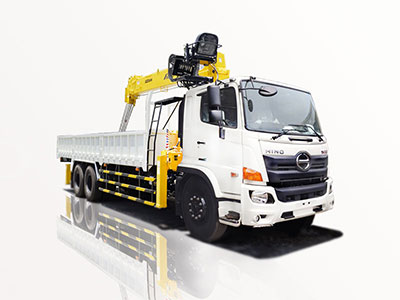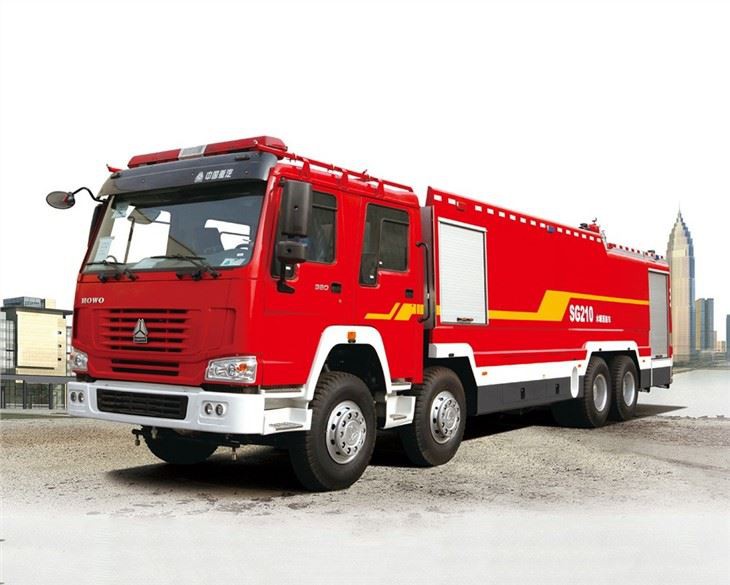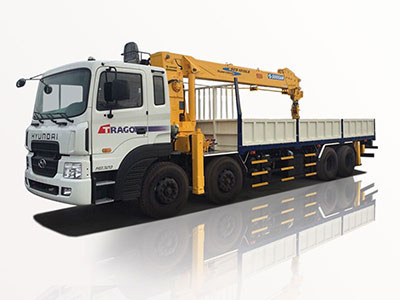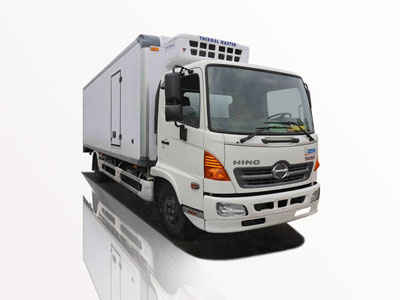Understanding how many gallons of water a water truck can carry is essential for various industries, including construction, landscaping, agriculture, and emergency services. This detailed guide will explore the types of water trucks, their capacities, and practical applications where this knowledge is vital.
Introduction to Water Trucks
Water trucks are specialized vehicles designed to transport large volumes of water. They are equipped with tanks that can vary significantly in size, accommodating different needs depending on the task at hand. Whether used for dust suppression at construction sites, irrigation in agriculture, or firefighting support, knowing the capacity of a water truck is crucial for efficient planning and operations.
Types of Water Trucks
1. Standard Water Trucks
Standard water trucks are used mainly in construction, landscaping, and dust control. They typically have tank capacities ranging from 1,000 to 5,000 gallons.
2. Tanker Trucks
Tanker trucks are larger vehicles capable of holding more than 5,000 gallons of water. These trucks are often used for industrial purposes or larger-scale projects.
3. Fire Truck Water Tankers
Fire department water tankers can carry anywhere from 1,000 to 3,500 gallons, providing essential support during firefighting operations.
4. Agricultural Water Trucks
Agricultural water trucks might range from 500 gallons for smaller farms to 5,000 gallons or more for larger agricultural operations, playing a crucial role in irrigation.
How to Determine Water Truck Capacity
1. Assessing Tank Size
The primary factor in determining the water truck’s capacity is its tank size. Typical dimensions include:
| Truck Type | Capacity Range (Gallons) |
|---|---|
| Standard Water Truck | 1,000 – 5,000 |
| Tanker Truck | 5,000 – 10,000 |
| Fire Truck | 1,000 – 3,500 |
| Agricultural Water Truck | 500 – 5,000+ |
2. Manufacturer Specifications
Most water truck manufacturers provide specifications for their models, which include the exact water capacity. Always check the manufacturer’s guidelines before purchasing or renting a water truck.
Practical Uses of Water Trucks
1. Construction Sites
Water trucks play an essential role in controlling dust at construction sites, ensuring compliance with environmental regulations, and providing water for mixing concrete.
2. Agricultural Irrigation
Agricultural operations often use water trucks to distribute water to fields, especially in areas where permanent irrigation systems are not feasible.
3. Firefighting Support
Firefighters use water trucks to ensure they have a sufficient water supply during emergencies, particularly in areas lacking adequate hydrants.
4. Road Maintenance
Water trucks can maintain road conditions by suppressing dust and keeping gravel roads properly moistened to prevent erosion and wear.
Factors Affecting Water Truck Capacity
1. Regulations and Weight Limits
Certain jurisdictions have weight restrictions for vehicles, including water trucks. The combined weight of the truck and its load must not exceed these limits.
2. Truck Size and Engine Power
Water trucks come in various sizes, impacting their capacity and the engine power required to operate them effectively.
3. Terrain Considerations
The type of terrain also affects how much water can be safely transported. Steep or rough terrains may require lighter loads to maintain stability.
Tips for Selecting the Right Water Truck
1. Assess Your Needs
Consider the volume of water you need to transport regularly and choose a water truck that meets or exceeds this capacity.
2. Check Local Regulations
Familiarize yourself with local regulations regarding vehicle weight capacities and water hauling permits.
3. Evaluate the Terrain
Before selecting a truck, understand the terrain where it will operate. Choose a model that can handle both road conditions and site access.
4. Consider Additional Features
Some trucks come equipped with features such as pumps and spray systems, which may be beneficial depending on your specific application.
Costs Involved with Water Trucks
1. Purchasing Costs
The cost of a water truck can vary widely based on size and features, typically ranging from $30,000 to over $100,000 for new models.
2. Rental Costs
If purchasing isn’t viable, consider renting. Rental costs can range from $150 to $500 per day, depending on the size and model.
3. Maintenance Expenses
Water trucks require regular maintenance, including inspections and repairs, that can add to your overall operational costs.
Conclusion
Knowing how many gallons of water a water truck can hold is crucial for efficient project planning and execution across various industries. Understanding the different types, uses, and associated costs will help you make informed decisions in managing water transportation needs.
Frequently Asked Questions (FAQs)
1. What is the average capacity of a water truck?
The average capacity of a water truck ranges from 1,000 to 5,000 gallons depending on the type and purpose of the truck.
2. Are there different types of water trucks?
Yes, there are various types of water trucks, including standard water trucks, tanker trucks, fire truck water tankers, and agricultural water trucks.
3. How can I determine the capacity of a specific water truck?
You can determine the capacity by checking the manufacturer’s specifications or by directly measuring the tank size if it is accessible.
4. What factors affect how much water I can carry in a water truck?
Key factors include local vehicle weight regulations, truck size, engine power, and the terrain on which the truck will be used.
5. What additional features can water trucks have?
Some water trucks feature pumps, hoses, and spray nozzles for efficient distribution and application of water.
6. Can water trucks be rented, and what is the cost?
Yes, you can rent water trucks. Rental costs typically range from $150 to $500 per day, depending on the size and specifications of the truck.



